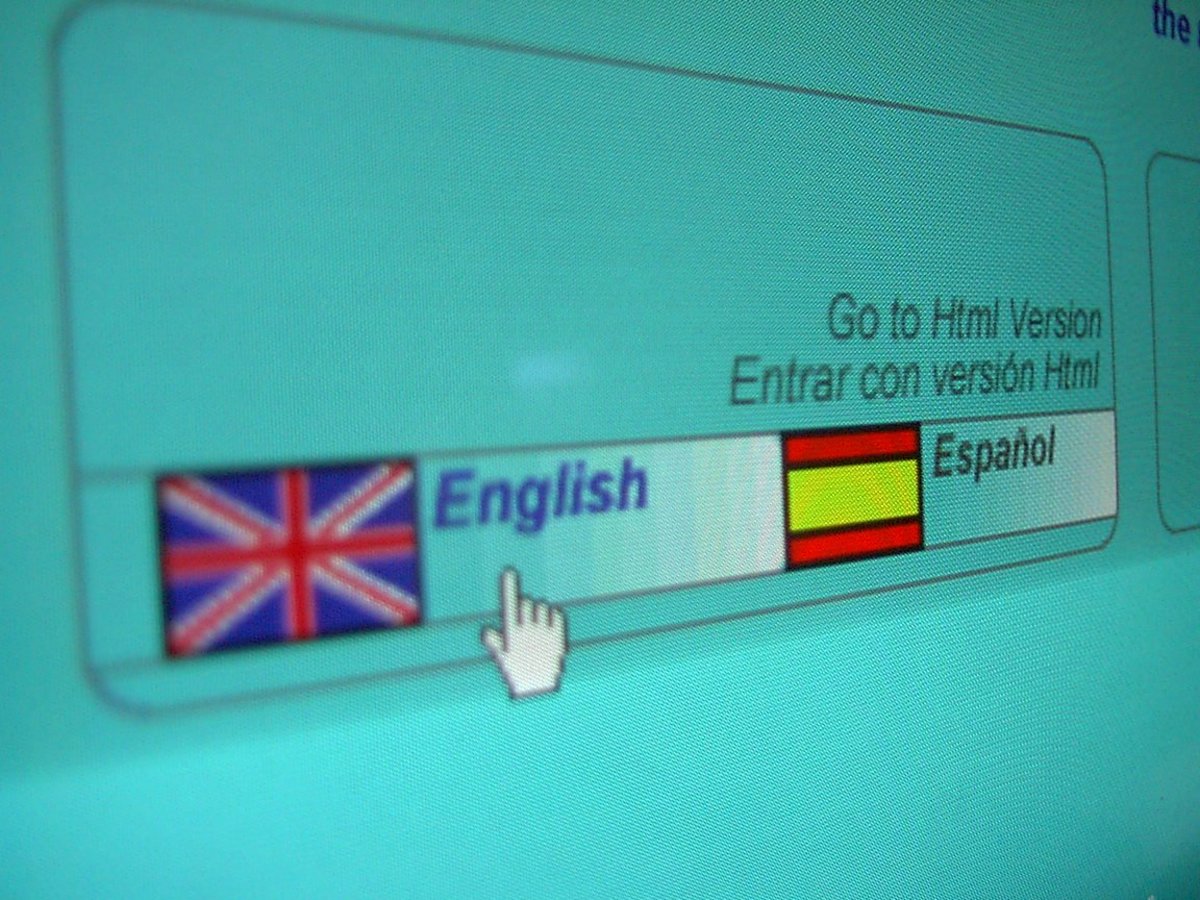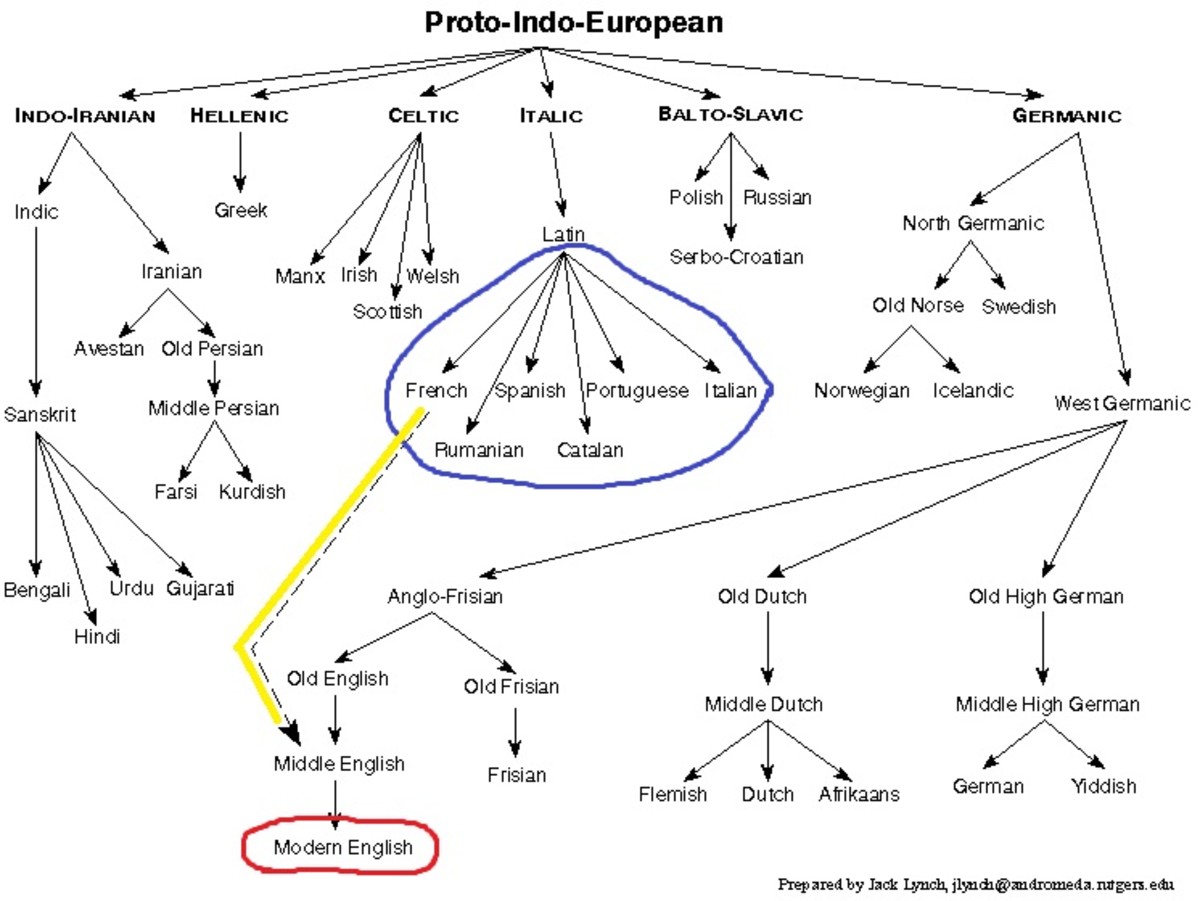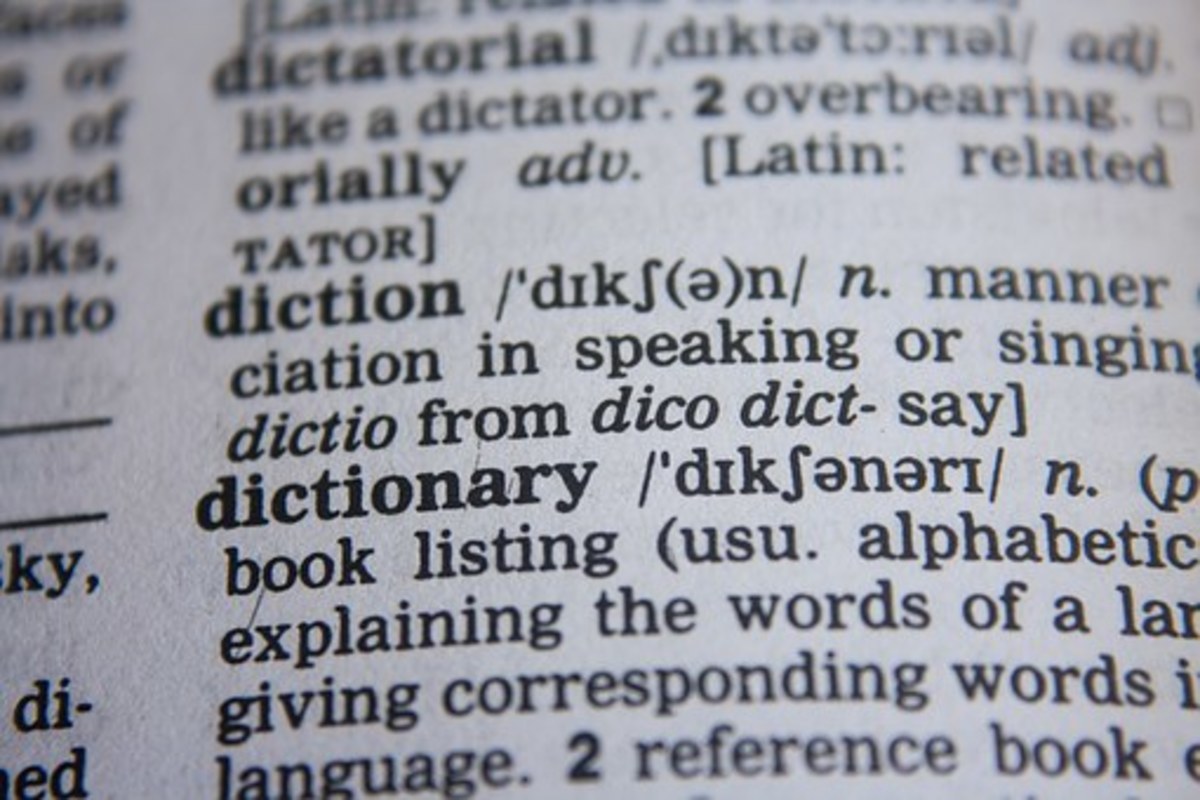English is the Thief of Languages
English has become the de facto international common language.
It has been estimated that 1 out of every 6 people in the world speaks English. It has also been estimated that English is spoken as a foreign language by over 700 million people. While English is obviously the first language of the United States, the United Kingdom, Australia, New Zealand, and Canada, it is also the official or semi-official first language in more than 75 other countries. Approximately 80% of the information stored in the world's computers is in English; English is the official language of the Olympics; and English was the first language spoken on the moon. All told, approximately 1.1 billion people speak English, which makes it the most widely spoken (and written) language in the world. In business, English is the preferred language for international business. Rock music promoted English worldwide with artists like Elvis, The Beatles, Michael Jackson. English is the language of youth worldwide. Many rock artists from non-English countries use English to record their songs.
How did it all began?
When the Angles and Saxons invaded Britain some 1500 years ago, the two tribes found it easier to teach their own language (which is now present-day English) to the conquered Britons than to learn the Britons' tongue. The language is German by descent from Northwest Germany. As the British isles were invaded over time, each invading army left its mark on the culture and language. These were the Scandavians and later, the Normans in the 11th century. The local population adopted many of their words into old English. As time went on, the Romans conquered the isles and left its own mark. The Vikings did the same. Christianity brought in new Latin and Greek words It was not until 1200 that real English literature appeared and by 1600, its first dictionary. The first modern dictionary did appear until 1755. Most people today would not be able to understand or read any English from earlier than 1400 in their original form. It looks totally different.
English has 475,000 words excluding the many specialty words used in various careers. Many of the words in English originated in other languages that have been simply adopted into English speaking societies, like, fiesta. German runs a distant second in vocabulary items with under 200,000 words; the largest dictionary of French has about 150,000 words; and a Russian dictionary contains around 130,000.





